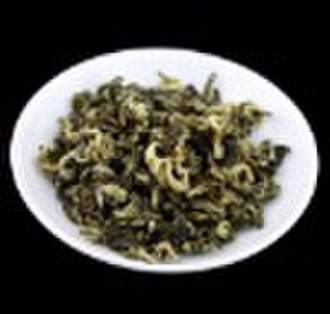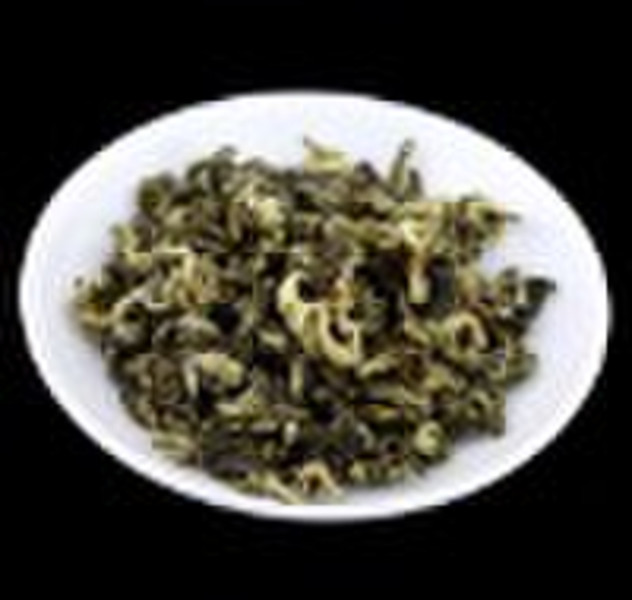Каталог
-
Каталог
- Автомобили и мотоциклы
- Безопасность и защита
- Бизнес
- Бытовая техника
- Бытовая электроника
- Детали машин и услуги по их изготовлению
- Дом и Сад
- Здоровье и медицина
- Игрушки и хобби
- Изделия из металла
- Измерительные и анализирующие приборы и инструменты
- Инструмент
- Красота и личная гигиена
- Мебель
- Мероприятия по охране окружающей среды
- Минералы и металлургия
- Модные аксессуары
- Обувь и аксессуары
- Одежда
- Освещение
- Подарки, сувениры
- Продовольственные товары и напитки
- Промышленное оборудование и техника
- Резина и пластмассы
- Сельское хозяйство
- Специальное оборудование
- Спорт, отдых и досуг
- Сток
- Строительство и недвижимость
- Текстиль и кожа
- Телекоммуникации
- Товары для офиса, учебы. Канцтовары
- Транспорт
- Упаковка и печать
- Химикаты
- Часы, Украшения, Очки
- Чемоданы, сумки
- Электронные компоненты, оборудование, принадлежности
- Электротехническое оборудование и принадлежности
- Энергия
Filters
Search
зеленый чай
ориг. цена: 5,00 USD
Пекин, Китай

zi xun
Контактное лицо
Основные данные
yunnan green (green tea) Green tea is the tea made solely with the leaves of Camellia sinensis that have undergone minimal oxidation during processing. Green tea originates from China and has become associated with many cultures in Asia from Japan to the Middle East. Recently, it has become more widespread in the West, where black tea is traditionally consumed. Visually similar to Bi Lo Chun the distinctive ‘snail’ shape of the Yunnan leaf shows careful handling and expert firing. Because it reduces the surface area of the leaf, yunnan yuluo manufacture helps to lengthen the lively shelf-life of a tea made in this shape. Over the last few decades green tea has been subjected to many scientific and medical studies to determine the extent of its long-purported health benefits, with some evidence suggesting regular green tea drinkers may have lower chances of heart disease and developing certain types of cancer. Green tea has also been claimed as useful for "weight loss management" possibly by inducing thermogenesis and stimulating fat oxidation. yunnan green is well-known for its green, fragrance, sweetness and pretty shape. Steeping While commonly called brewing, the process of making a cup of tea is actually steeping. Generally, 2 grams of tea per 100ml of water, or about one teaspoon of green tea per 5 ounce cup (150ml), should be used. With very high quality teas like gyokuro, more than this amount of leaf is used, and the leaf is steeped multiple times for short durations. Green tea steeping time and temperature varies with individual teas. The hottest steeping temperatures are 180°F to 190°F (81°C to 87°C) water and the longest steeping times 2 to 3 minutes. The coolest brewing temperatures are 140°F to 160°F (61°C to 69°C) and the shortest times about 30 seconds. In general, lower quality green teas are steeped hotter and longer, while higher quality teas are steeped cooler and shorter. Steeping green tea too hot or too long will result in a bitter, astringent brew, regardless of the initial quality. It is thought that excessively hot water results in tannin chemical release, which is especially problematic in green teas as they have higher contents of these. High quality green teas can be and usually are steeped multiple times; 2 or 3 steepings is typical. The steeping technique also plays a very important role to avoid the tea developing an overcooked taste. Preferably, the container in which the tea is steeped or teapot should also be warmed beforehand so that the tea does not immediately cool down. It is common practice for tea leaf to be left in the cup or pot and for hot water to be added as the tea is drunk until the flavor degrades. ********************************************************************* yunnan yuluo (yunnan green) 1) High quality,reasonable price; 2) Healthy,natural; 3) Timely delivery. 4) The original ecological 5) Origin: Yunnan at high altitudes
Условия поставки и упаковка
Packaging Detail: 1kg per unit in packing paper Delivery Detail: delivered in 10 days
Порт: tianjin
Условия оплаты
Аккредитив
Электронный перевод
Вестерн Юнион
-
Способы оплаты
Для оплаты товаров и услуг на нашем портале, Вы всегда получаете счет, в котором Вам необходимо самостоятельно указать свои данные.
Мы принимаем к оплате:









